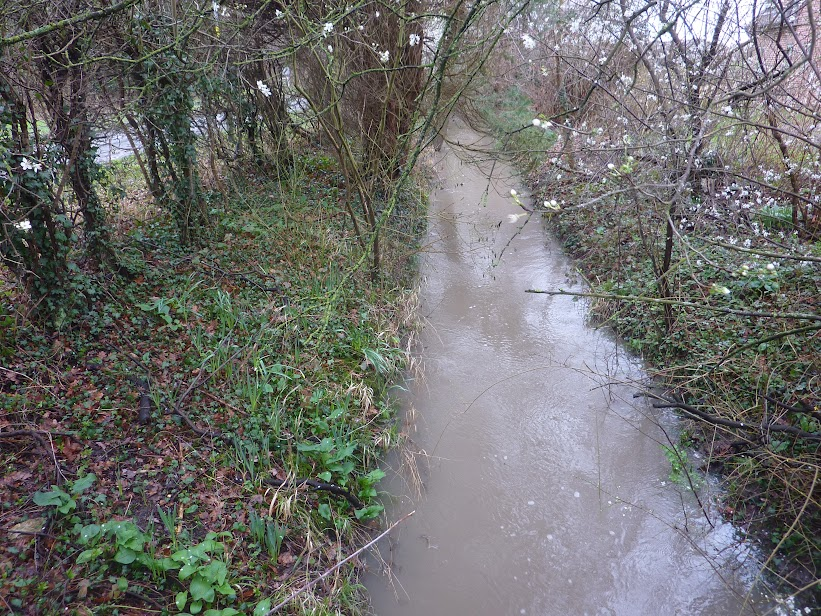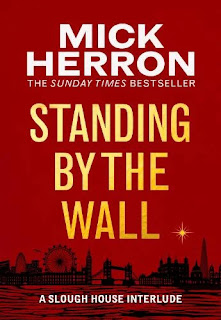EDITORIAL
Mike Williams tells us about his job as an editor before going on to review those who had appeared on the front cover of the magazine over the last year.
OPENING SCENES
The films to look out for in 2025 are described by Arjun Sajip, continent by continent. America, for example will give us The History of Sound from director Oliver Hermanus with Paul Mescal on a search in New England after WW1 to record local folk music. Paul Thomas Anderson has cast Alana Haim (again) in The Battle of Bakton Cross. Bong Joon Ho follows the brilliant Parasite with Mickey 17. Then there will be Kurosawa Akira's High and Low, Steven Soderburgh's Black Bag with cate Blanchett and Michael Fassbender, and Edgar Wright's The Running Man with Glen Powell going back to the Steven King novel. From the UK comes Maggie O'Farrell's Hamnet and Danny Boyle's 28 Years Later.
EDITOR'S CHOICE
Some gift recommendations from the contributors.
IN CONVERSTION
Jesse Eisenberg talks to Lou Thomas about his new film A Real Pain that he wrote, directed and starred in. A visit to Poland on a holocaust tour. He mentions producer Emma Stone and what she brings to the table.
Nothing interesting in FESTIVAL, MEAN SHEETS or READER'S LETTERS
THE LONG TAKE
I had not heard of Humphrey Bogart's third wife, the actress Mayo Methot. Nicole Flattery tells us she was often cast as the second female lead, often a hard bitten dame. She had worked on Broadway when younger before Hollywood called. But she and Bogie were hard drinkers and their relationship ended with depression and violence before he met Lauren Bacall. Mayo died in 1951 at the age of 47. Nicole runs through her movies and calls her "a dame to be reckoned with".
TV EYE
This is all about the 1973 BBC ghost story shown on Christmas Day. The Stone Tape looks far too scary. Andrew Male thought that it was certainly of it's time in attitude (but an "HR victimisation claim if made today). The programme is all about a team using it's brand new audio equipment to record other worldly screams. Written by Nigel Kneale whose BBC's Quartermass is just not scary when watched today.
FLICK LIT
Nicole Flattery talks about the 1970 novel Desperate Characters that is set in New York. "Their own elegant town house in a recently gentrified part of Brooklyn". And the one boarding house left with nine or ten tenants. The 1971 film starred Shirley MacLaine. Nicole compares it with the 1961 film La Notte by Michelangelo Antonioni.
THE MAGNIFICENT '74
We are in the December of 1974, so are we coming to the end of Jessica Kiang's pieces with this title? That month there were big blockbusters: Airport '75, Earthquake and The Towering Inferno. "How a supremely dazzling year for American cinema ended in disaster". She goes on to say that before 1970, the studios were in disarray with their flimsy output. But then in 1970 came Airport, a big blockbuster with big stars, and then two years later the success of The Poseidon Adventure. All had big names and paved the way for 1974's success.
IN MEMORIAM
These are the obituaries for those who died this year. Donald Sutherland was never even nominated for an Oscar despite his appearances in Klute and Don't Look Now. Another full page for Anouk Aimee, winning a golden globe and Oscar nomination for A Man and a Woman from 1966 as well as starring in Fellini's La Dolce Vita and 8 1/2. However, there were so many people I had never heard of in all sorts of categories. Small mentions for Roger Corman, the director Norman Jewison and the cinematographer Dick Pope who worked for 35 years with Mike Leigh after filming rock concerts and pop videos. He was Oscar nominated for The Illusionist in 2006 and Mr Turner in 2014.
FILMS OF THE YEAR
Here we have a countdown from number 50. There were so many of which I ad never heard. But 16th is Perfect Days (my favourite of the year), 7th is Love Lies Bleeding equal with The Substance and Anora is at number 2. See my reviews. There were many that never reached mainstream cinemas such as Emelia Perez at number 17 and La Chimera at number 3. I might get to see the number 1 All We Imagine as Light.
We also get long articles on The Year in War Cinema, The Year in Late Style (Megalopolis), The Year in Documentary Film, The Year in Animation and The Year in AI.
The Year in TV: So much of what was said came from streaming channels. We get Discs of the Year, and Books of the Year.
THE BRUTALIST
Five pages about this film, but it is three and a half hours long. Too much for me at the cinema. Adrien Brody and Felicity Jones star under the direction of Brady Corbet who was also the co-writer. Mona Fast talks abut their co-operation and all the research she did. Shot in Vista vision to give the film scale. About an architect so such a shame it's too long.
NOSFERATU
A remake of the original 1922 film and the 1979 remake, director Robert Eggers (I liked his The Northman) delves into the background. But this is definitely a horror movie as a full page photo will testify. So maybe not. Eggers tells us "Synthesising all these mythologies was a challenge". I bet.
AT THE MOVIES WITH ..... AMY ADAMS
Her film Nightbitch is out soon. She talks about her favourite movies.
RUMOURS
Rumours is a film set at a G7 summit in Germany that sounds totally bonkers. "So wilfully outside the mainstream" with three directors and starring Cate Blanchett.
CHRISTMAS FILMS
A lot of those chosen are not at all Christmassy. (Stalag 17 and Godfather Part 111 ?) The only new film was Christmas Eve at Millers Point - that has no general release.
REVIEWS
These include Babygirl starring Nicole Kidman. Director Halina Reijn tells us the film was "an opportunity to bring my Dutch, more liberated ideas to the US". "A superb Nicole Kidman". Then The Brutalist (see above). Juror #2 is a legal thriller set in a courtroom and directed by Clint Eastwood. Maria is the biopic of Maria Callas starring Angelina Jolie. Written by Steven Knight and directed by Pablo Larrain that follows his Jackie and Spencer.
Wallace and Gromit: Vengeance Most Fowl in cinemas and on the BBC over Christmas. There were so many references to other films. The voice of Ben Whitehead stands in for Peter Sallis. I loved the last words: "I'm a happy nifty Norbot. I love to trim the hedge". Which spelt out "THE END".
Jesse Eisenberg writes, directs and stars in his film A Real Pain, visiting Poland with a cousin. We Live In Time has Florence Pugh and Andrew Garfield and dips back and forth in time - "narrative temporal hopscotching".
DVD and BLURAY
Mainly new releases of old movies including the 1933 original of King Kong.
WIDER SCREEN
An interesting article about film collectives.
BOOKS
Silent to Sound is Geoff Brown's study of early British cinema from 1900 to the early 1930's looks interesting. Unfortunately Pedro Almodóvar's The Last Dream does not.
FROM THE ARCHIVE
From the Winter 1960/67 Edition comes Humphrey and Bogey, where Louise Brooks looked at her and his relationships with the major studios where they were under contract. One interesting comment was that in 1921/22 there were 2,044 plays produced in New York! But from all those actors, only four made the big time in films.














































.jpg)



